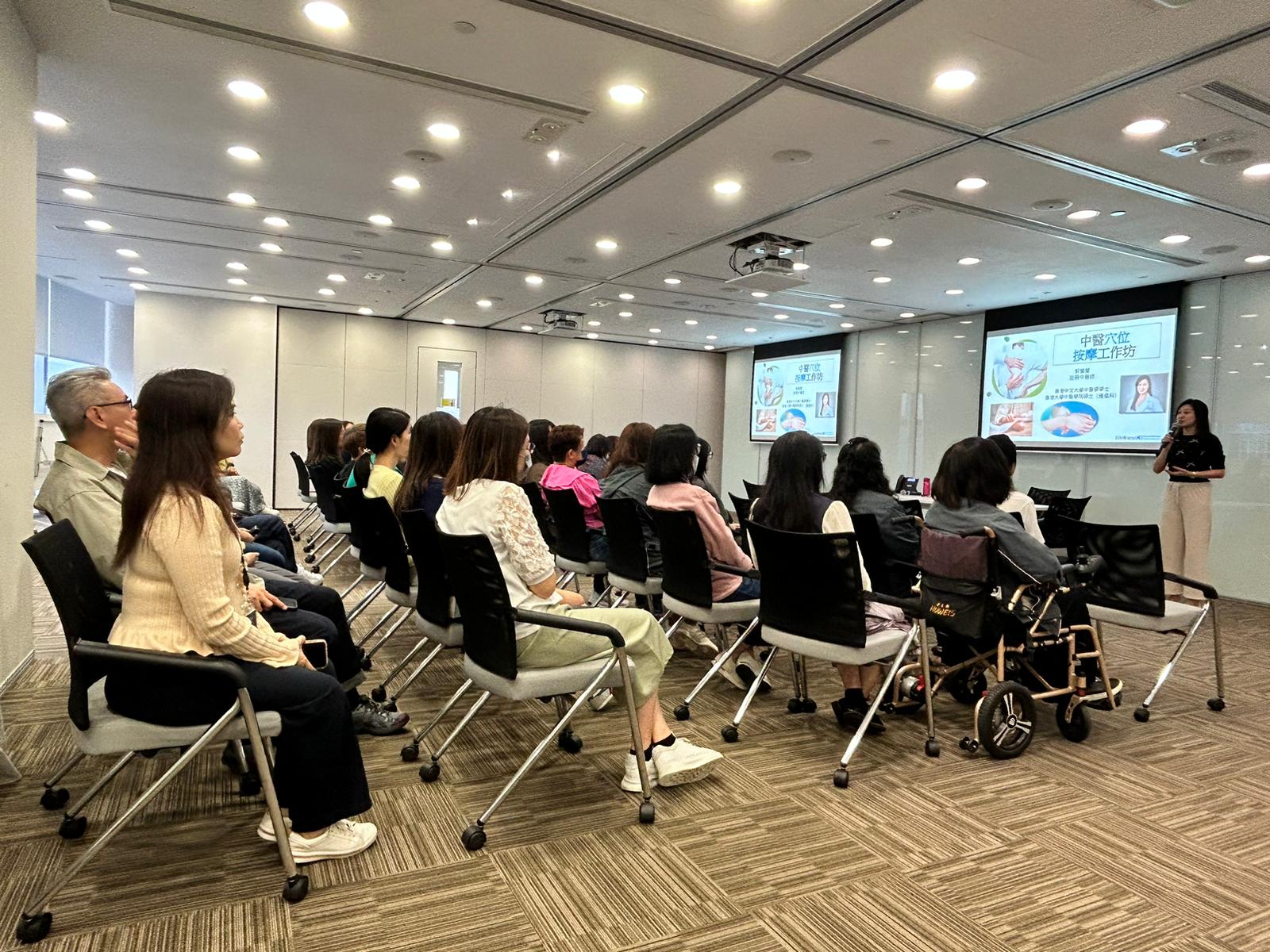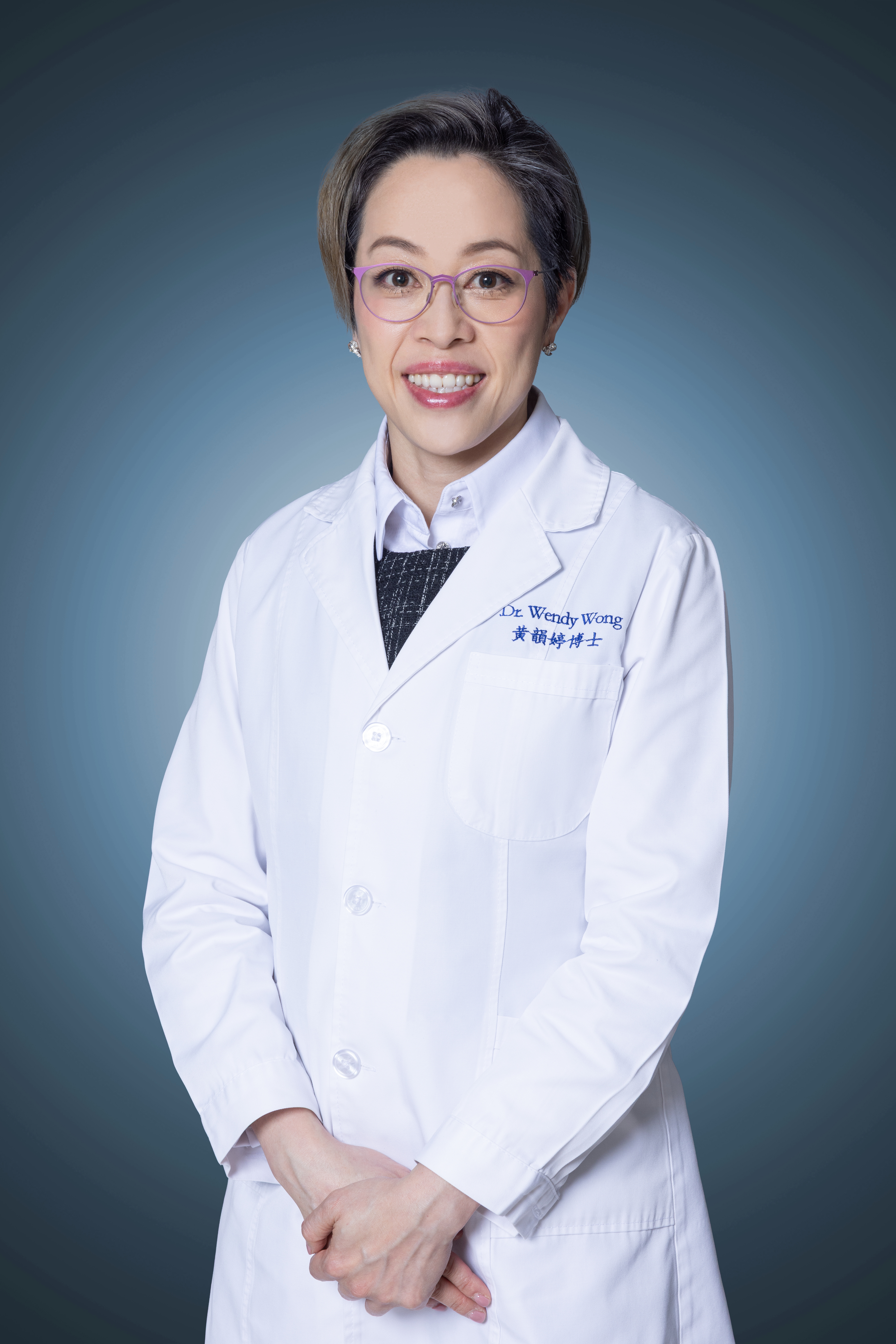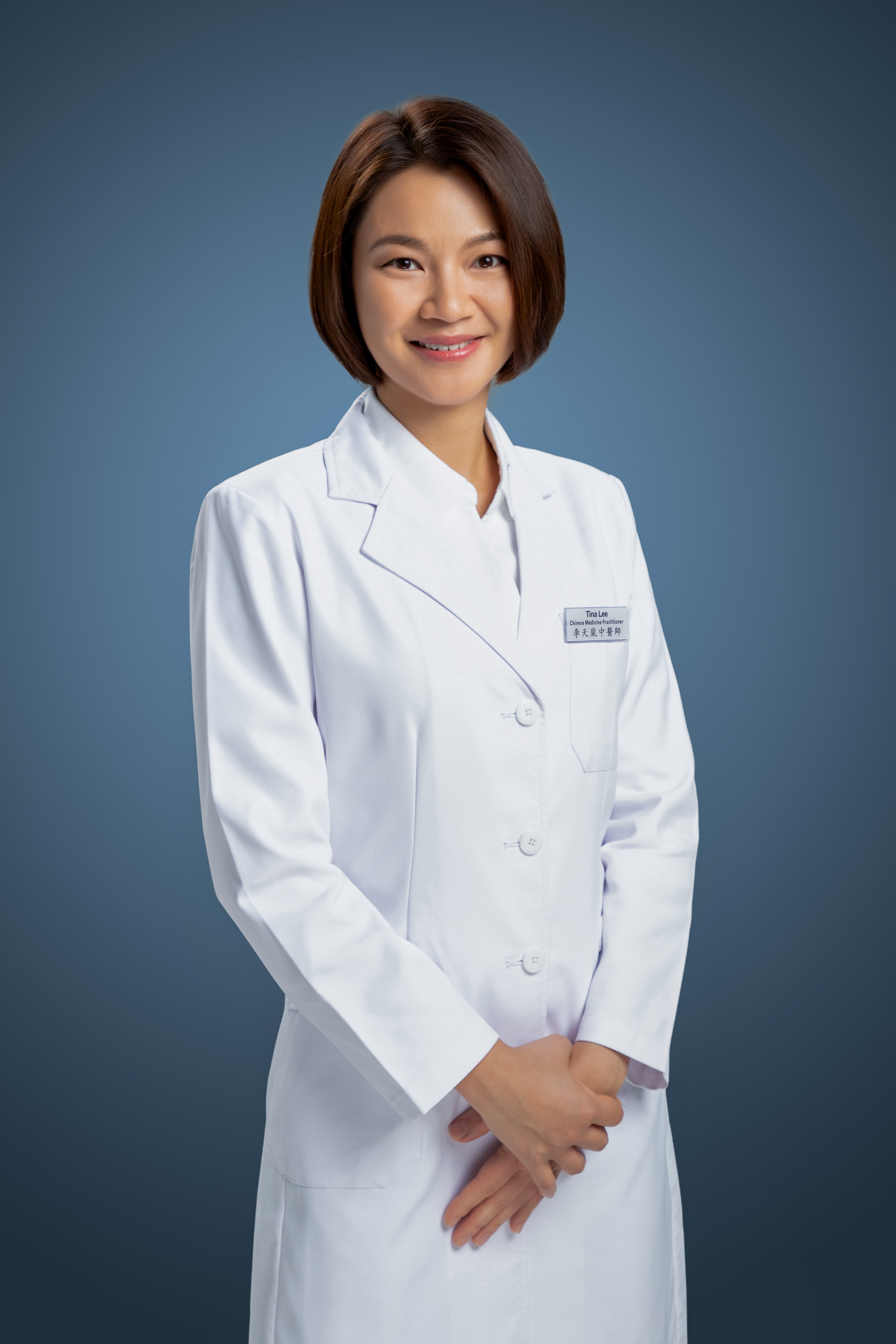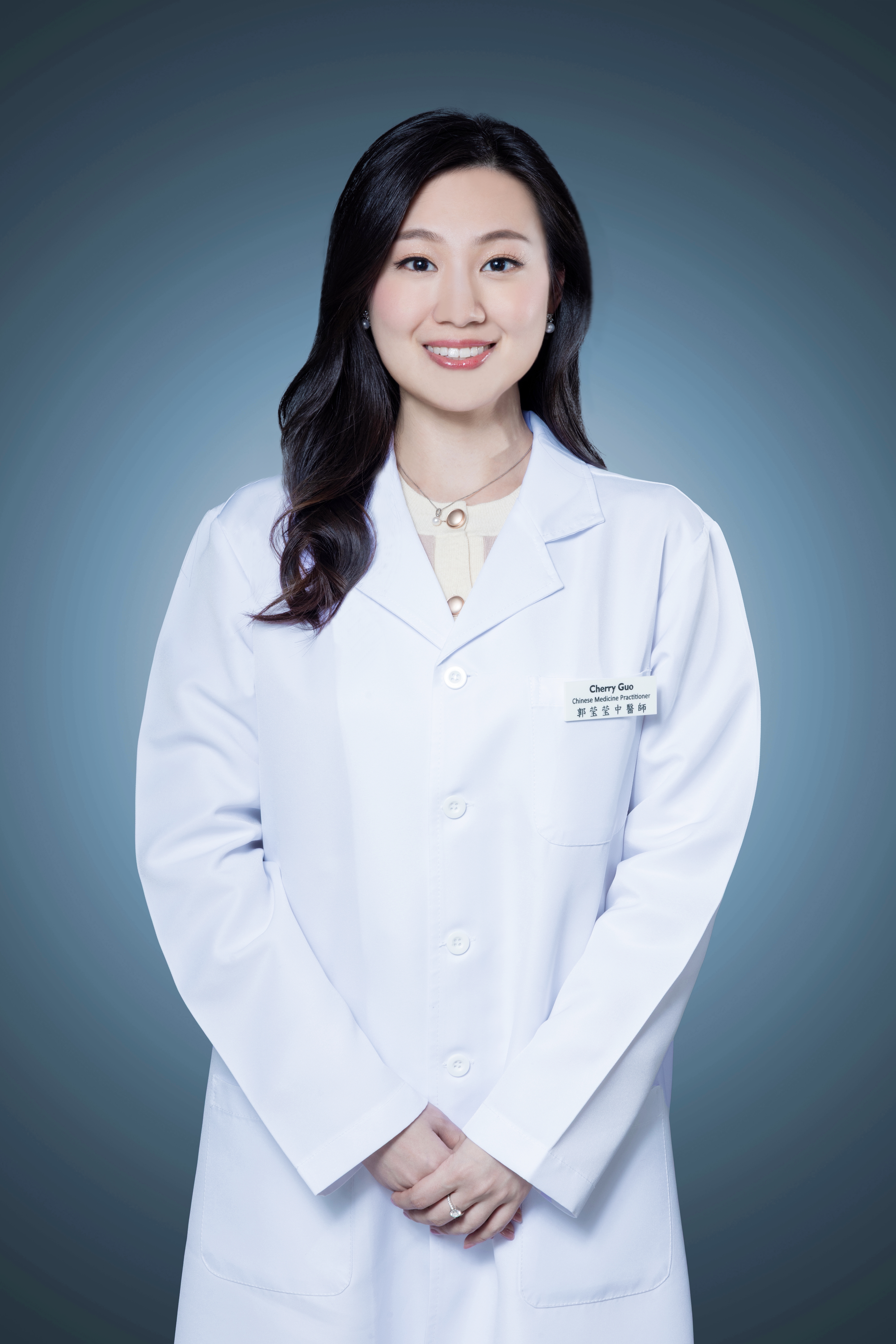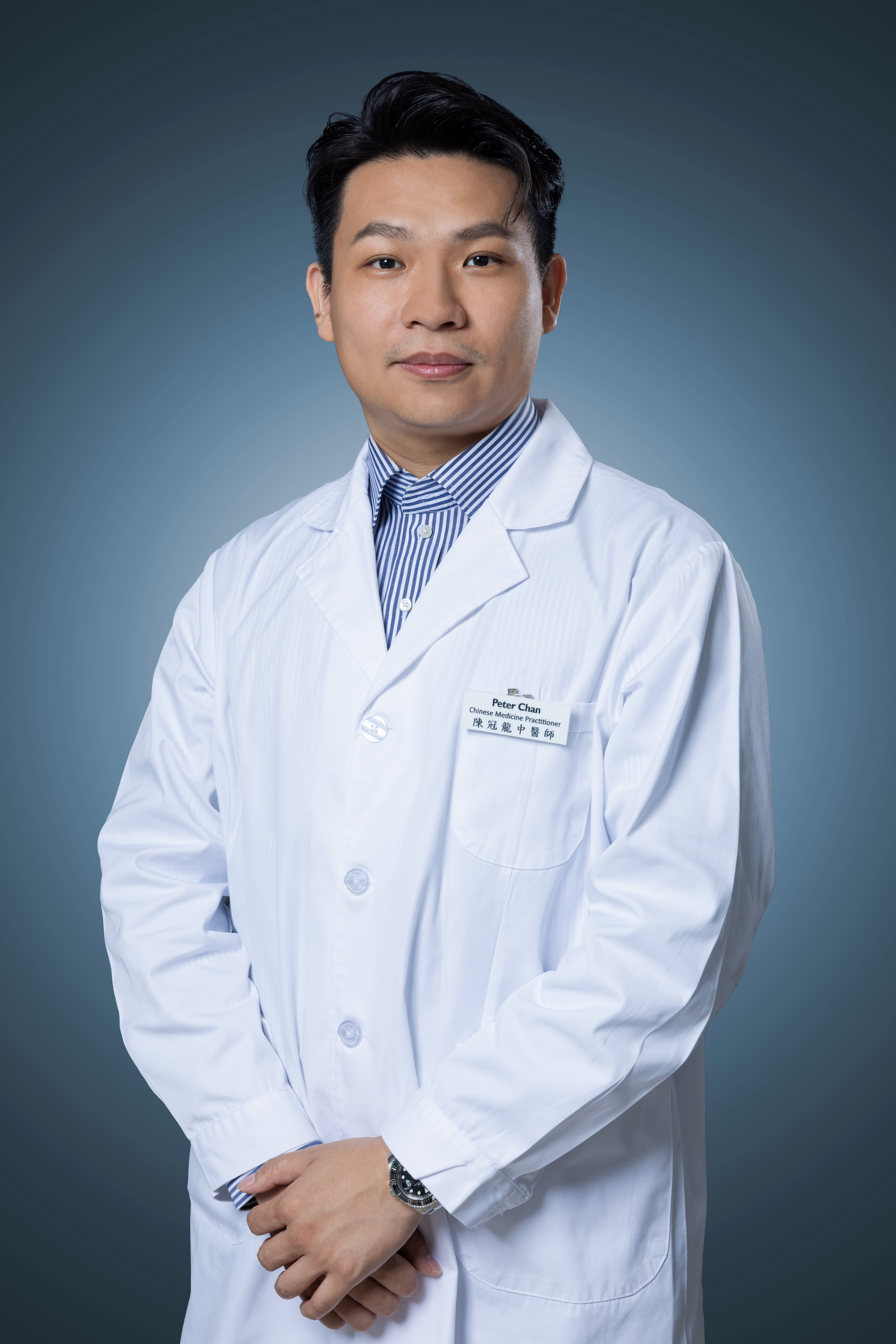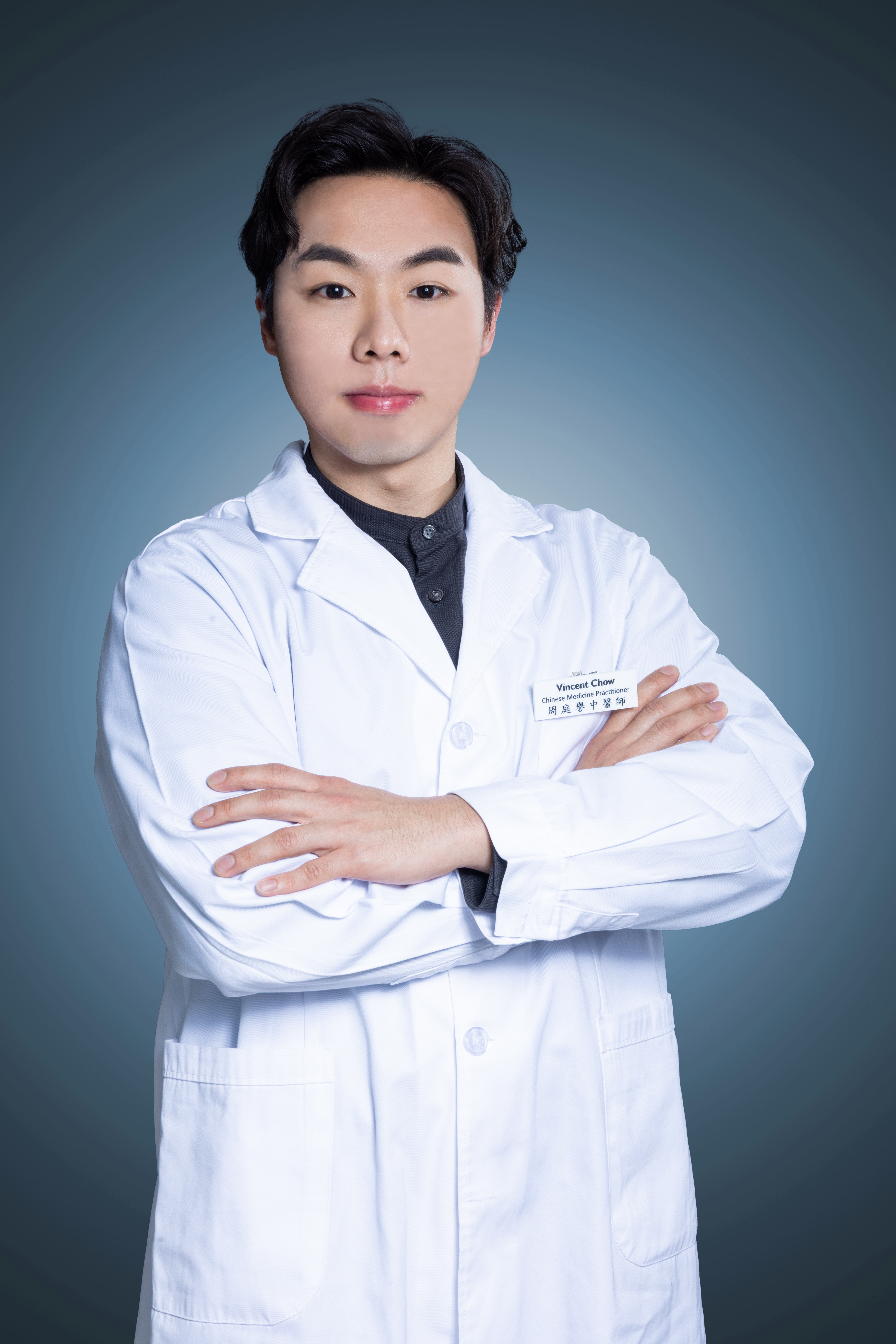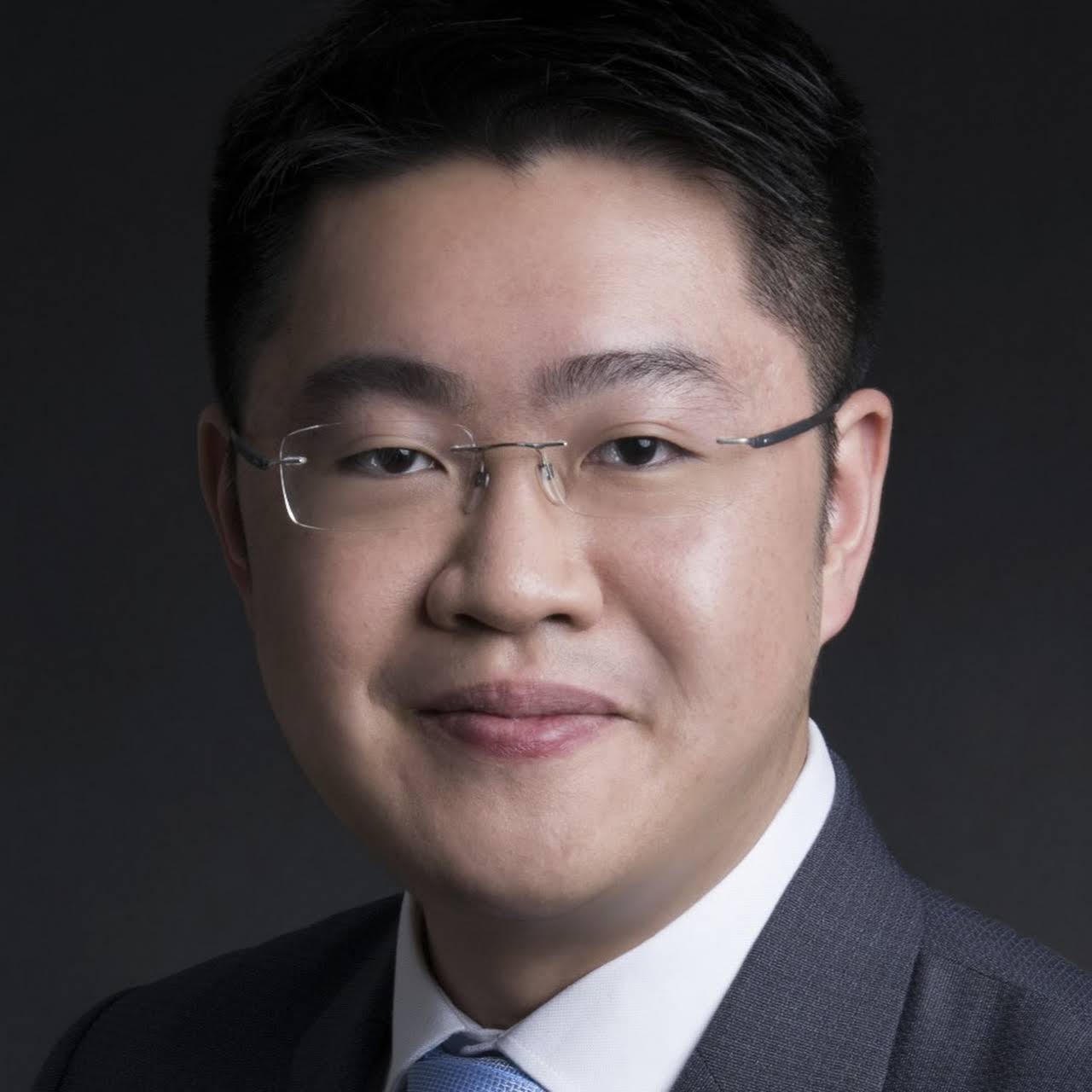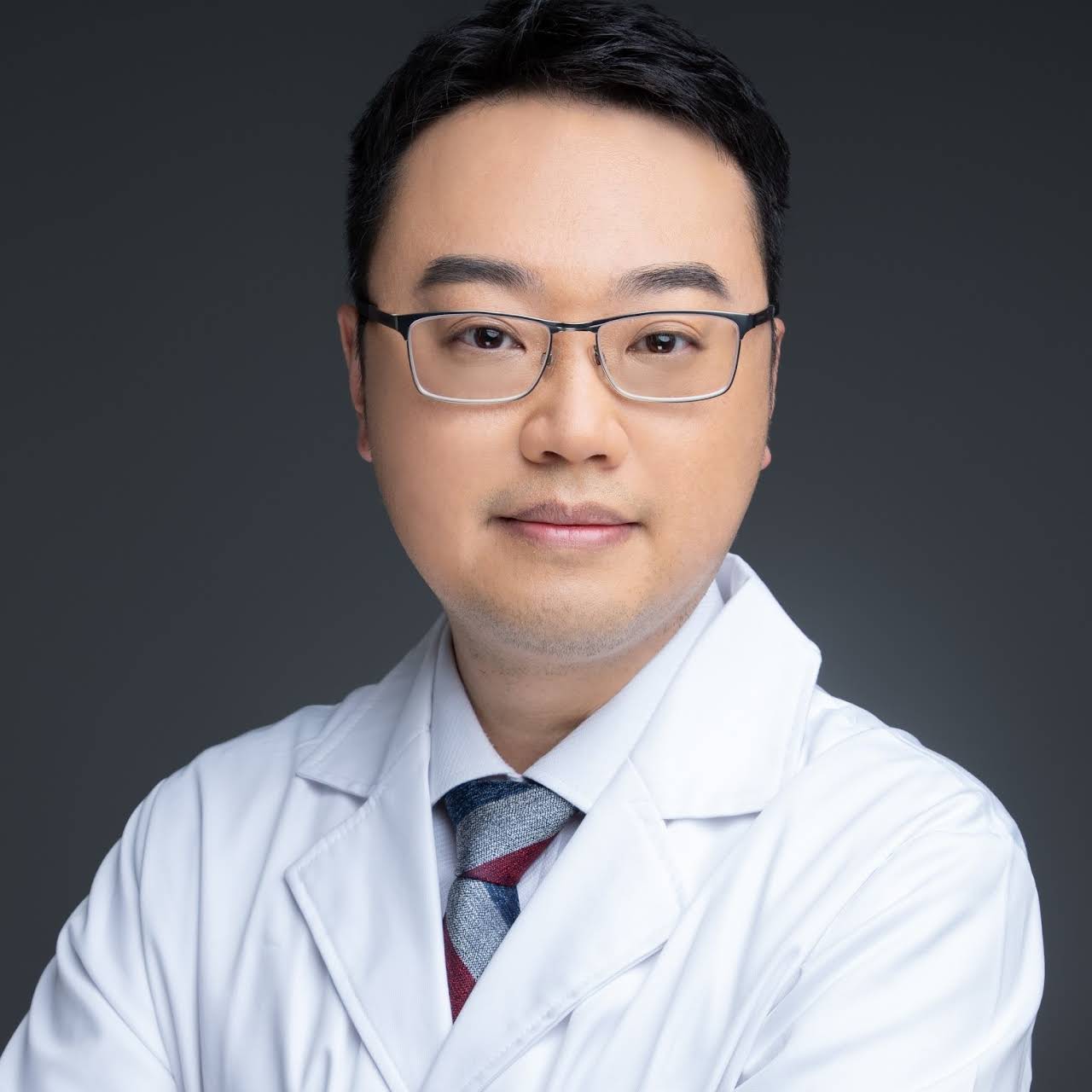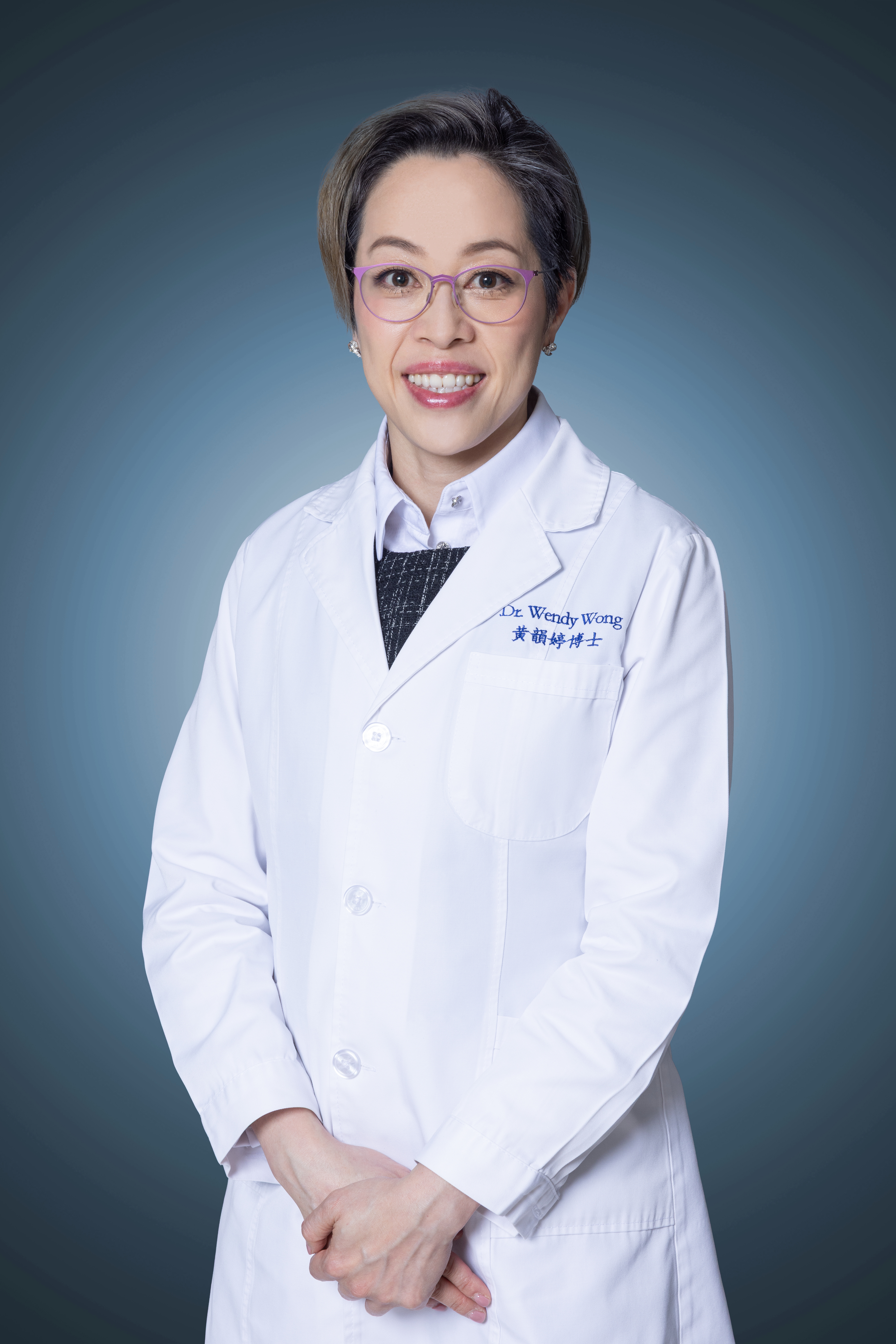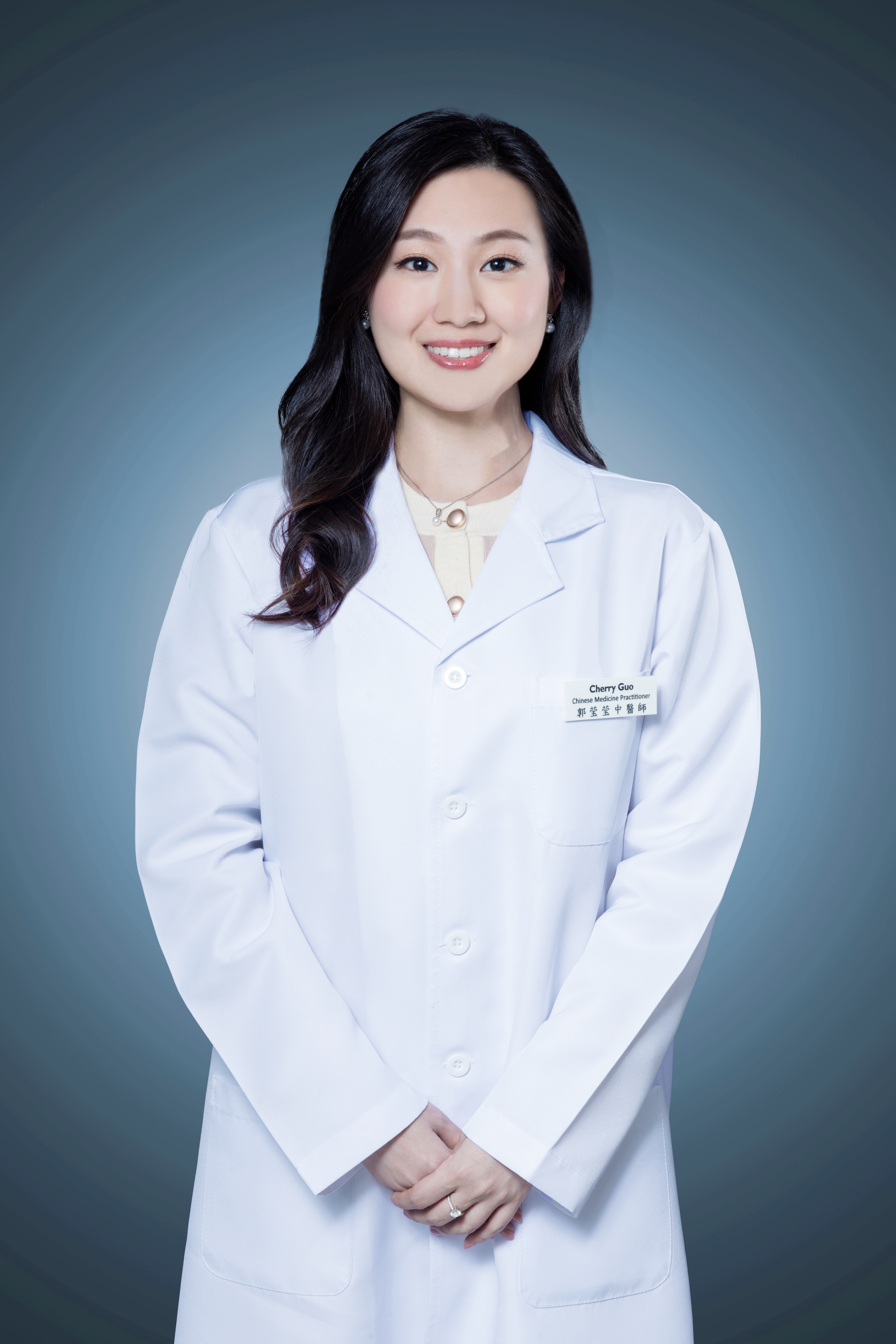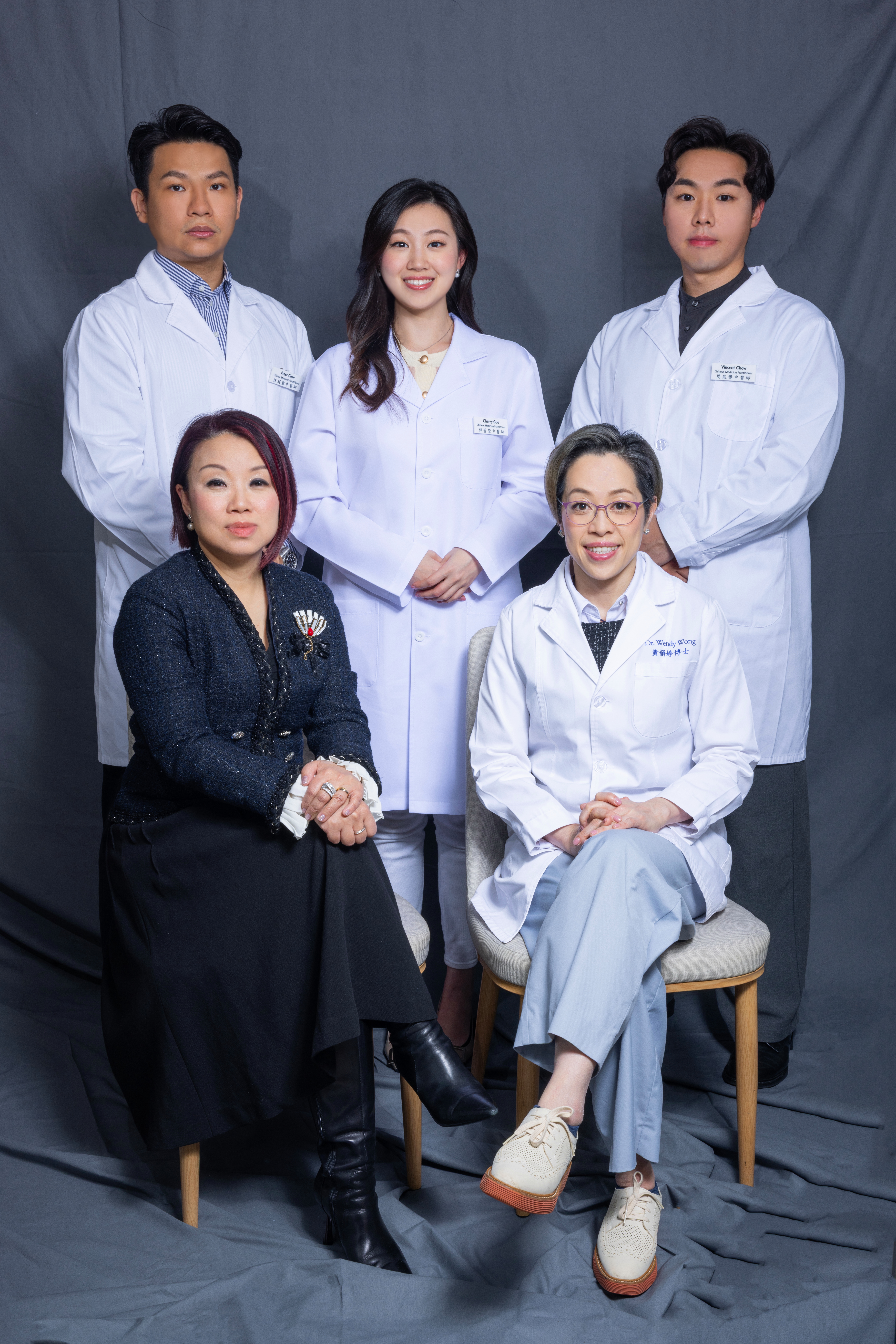
Why Us?
Vision and Values

Patient safety is our highest priority.
In our commitment to evidence-based medicine, we begin by thoroughly understanding the histopathology of diseases as defined by conventional medicine. We then integrate Traditional Medicine practices using four key diagnostic methods: complexion analysis, inquiry, palpation, and auscultation. After completing syndrome differentiation, we tailor treatments based on Chinese herbal prescriptions, acupuncture, moxibustion, or other appropriate therapies. Our goal is to foster a public-private partnership in integrative medicine, ensuring you receive holistic health solutions.

Comprehensive Evidence-Based Medical Services
In addition to our Traditional Chinese Medicine services, we collaborate with Western medicine centers to offer holistic solutions that guarantee the highest quality in diagnostics, premium Chinese herbs, and efficient logistics. This approach provides comprehensive, evidence-based medical services to our corporate partners and their patients.

The Big Data Era and One Health
As we navigate the emergence of big data, standards of care, and patient safety, it is essential to adopt clinical practice guidelines from Mainland China, as well as international standards from the US, UK, Australia, and Hong Kong. Beyond Traditional Chinese Medicine practices such as herbal remedies, acupuncture, TuiNa, and moxibustion, our services focus on cancer care, women’s health, and pain management. We are committed to providing the best treatment for cancer patients and their loved ones. Our cancer care program spans early intervention to palliative care, addressing the needs of patients undergoing surgery, chemotherapy, radiotherapy, targeted therapy, or immunotherapy. This comprehensive approach helps patients manage the adverse effects of conventional treatments and supports them in reclaiming their health-related quality of life.

Providing Evidence-Based Health Supplements
In addition to our professional medical services, we offer consultancy for the development of evidence-based health supplements. These supplements can play a crucial role in facilitating the rehabilitation of cancer patients.
Our Service
Integrative Medical Service
Yat Hei Medical Centre integrated Chinese and Western medicine services, including oncology, internal medicine, gynecology, dermatology, acupuncture etc.

Oncology
Internal Medicine:Treatment and rehabilitation of oncology, postoperative or post-chemotherapy care.Other internal medicine conditions:Palpitations, dizziness, insomnia, headaches, constipation, tumor diseases, depression, acute and chronic gastritis, nasal allergies, oral ulcers, refractory stomatitis, bad breath, chronic pharyngitis, fatty liver, rheumatism, rheumatoid arthritis, anemia, chronic nephritis, common cold, cough, asthma.

Gynecology
Irregular menstruation, infertility, premenstrual syndrome, menopausal syndrome, pre and postnatal care, uterine fibroids, amenorrhea, polycystic ovary syndrome, breast hyperplasia.
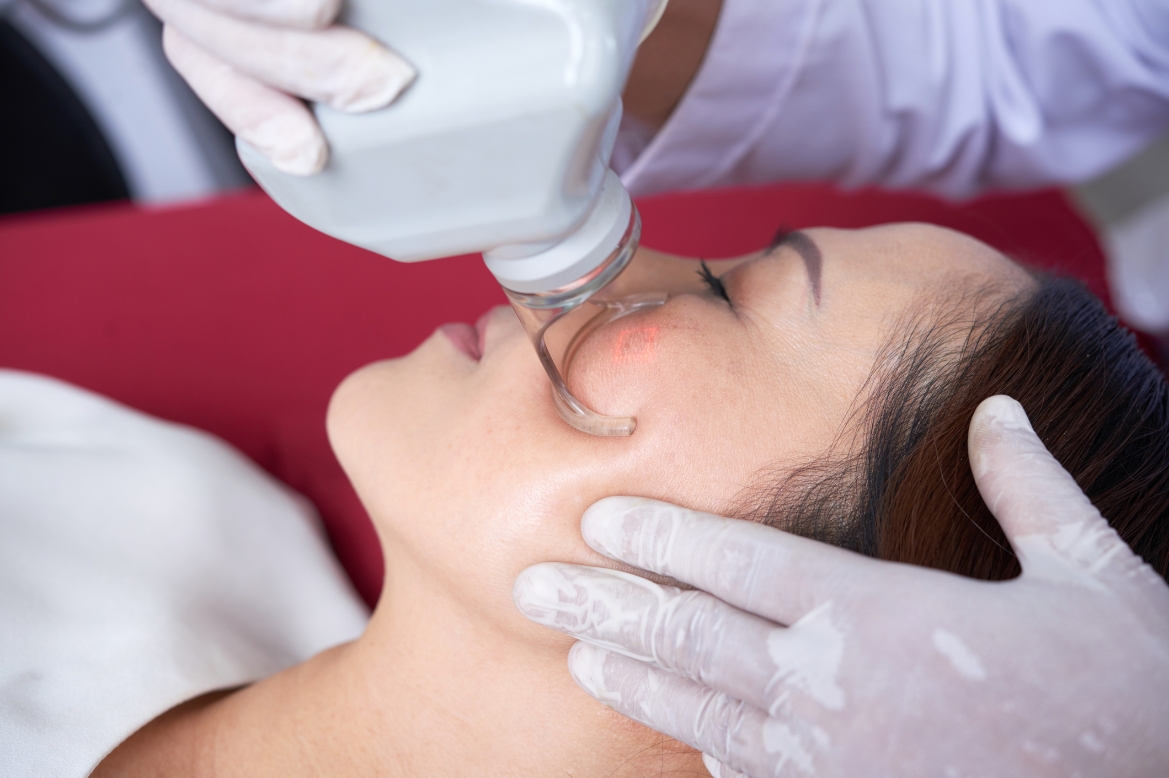
Dermatology
Eczema, acne, urticaria, psoriasis, lupus erythematosus, herpes zoster, rosacea, seborrheic dermatitis.
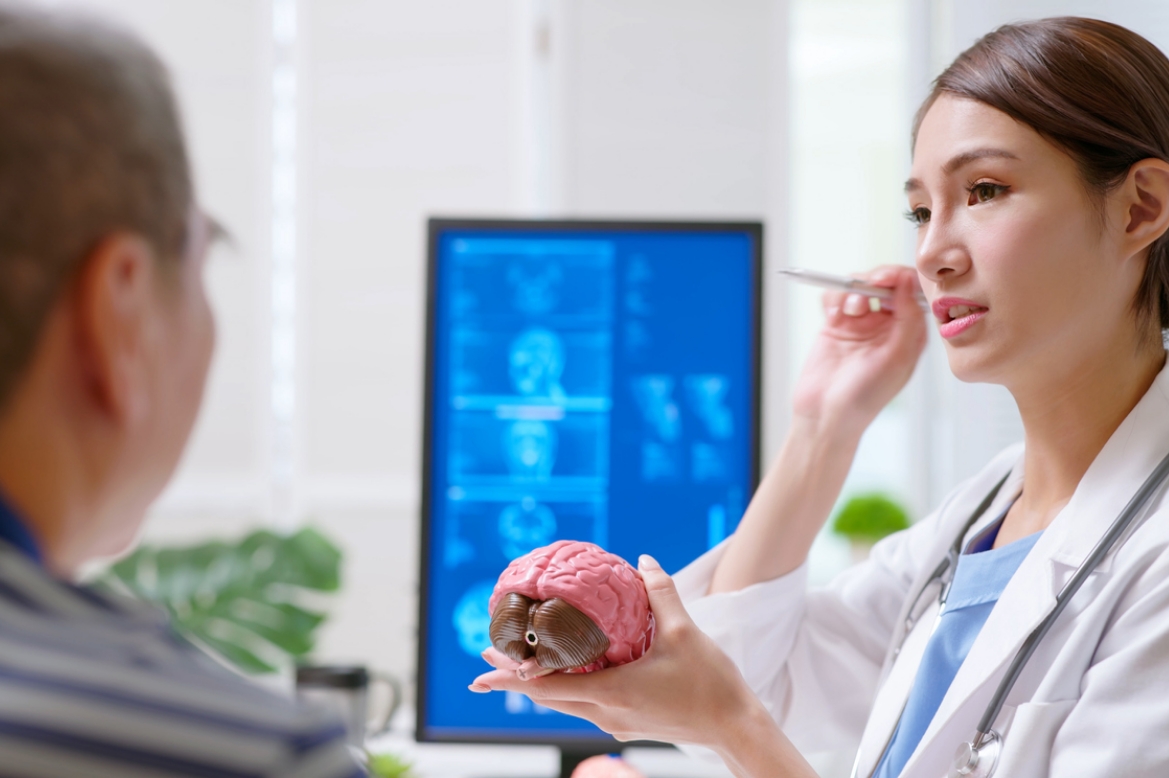
Internal Medicine
Treatment and rehabilitation of oncology, postoperative or post-chemotherapy care.
Other internal medicine conditions:
Palpitations, dizziness, insomnia, headaches, constipation, tumor diseases, depression, acute and chronic gastritis, nasal allergies, oral ulcers, refractory stomatitis, bad breath, chronic pharyngitis, fatty liver, rheumatism, rheumatoid arthritis, anemia, chronic nephritis, common cold, cough, asthma.
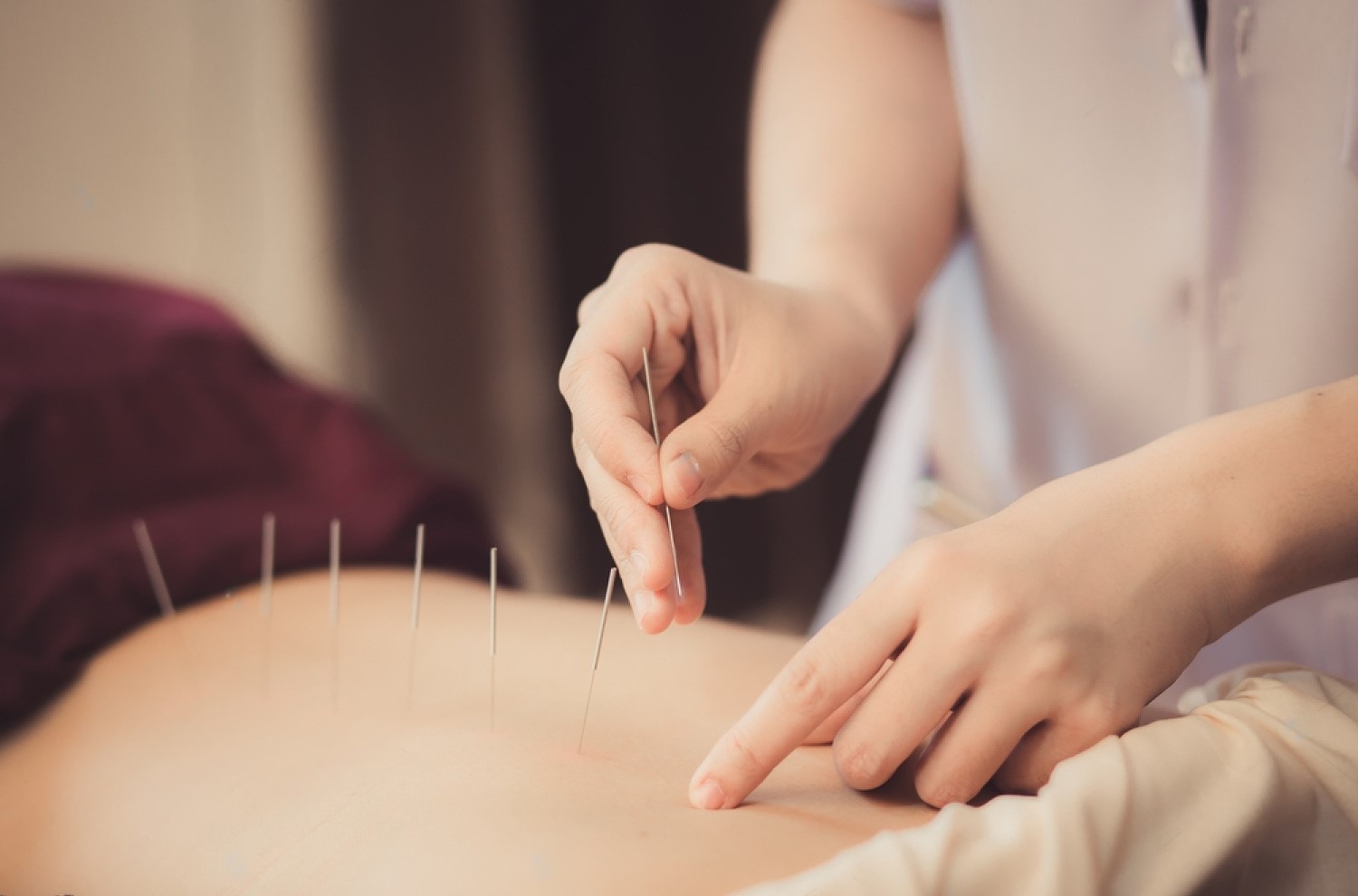
Acupuncture
Fine needle insertion technique is one of the commonly used acupuncture techniques. Fine needles have a thin and flexible body, and the physician uses specific finger strength and techniques to perform various manipulations after needle insertion, such as lifting, thrusting, twisting, vibrating, and scraping.
Other needling techniques include ear acupuncture, scalp acupuncture, eye acupuncture, three-edged needle technique, skin needling technique, subcutaneous needling technique, fire needling technique, plum blossom needling technique, and electroacupuncture.

Cupping therapy
Cupping therapy is an alternative treatment method that involves creating negative pressure by using heated “cups” to apply suction onto specific areas of the skin, causing congestion, blood stasis, or blistering. By artificially causing blood to leave the circulatory system and accumulate beneath the skin, cupping is sometimes considered a non-invasive bloodletting therapy. Cupping is used as an alternative therapy for various conditions, including fever, chronic lower back pain, poor appetite, indigestion, hypertension, acne, eczema, psoriasis, anemia, post-stroke rehabilitation, nasal congestion, infertility, and menstrual pain.
About Us
Our Team
About Us
Clinics
Central Clinic
Causeway Bay Clinic
West Kowloon Clinic
Hung Hom Clinic
Business Hours
- Sunday, Monday & Public Holiday
- Closed
- Tuesday
- 09:30 – 18:45
- Wednesday, Thursday, Friday
- 09:30 – 17:30
- Saturday
- 09:30 – 12:00
Have any questions?
FAQ
Is the Chinese herbs that I am taking safe?
There are important points to consider. China’s National Pharmacopoeia governs over 7,000 herbs and related products. In Hong Kong, registered Chinese medicine practitioners follow List 1 and 2, which includes 603 herbs by Law. We strictly adhere to clinical guidelines for cancer care when selecting specific herbs. These guidelines provide evidence of the benefits of Chinese medicine for drug compliance, effectiveness, survival, rehabilitation, and patient-reported outcomes in cancer patients. Each patient receives a personalized prescription based on their specific cancer diagnosis and dosage requirements. Our delivery of Chinese herbs follows the best clinical practices and ensures safety. If you have any concerns about specific products, we strongly recommend consulting a healthcare professional for advice.
Acupuncture is an invasive procedure, and standard operation procedures is crucial to minimize the risk of infection. Our medical center strictly adheres to infection control guidelines issued by the Department of Health, including:
- Infection control measures for Traditional Chinese Medicine clinics
- Infection control (such as hand hygiene of Chinese Medicine Practitioner, patient’s skin disinfection) and protective measures during acupuncture procedures before and after the insertion of needles.
- Procedures for handling needlestick injuries
- Cleaning (such as sterile needles) and disinfection methods for medical devices
According to the Code of Professional Conduct for Registered Chinese Medicine Practitioners in Hong Kong, Chinese medicine practitioners must take professional responsibility for their patients. Therefore, we are committed to maintaining the highest standards of safety and care. If you have any questions or concerns, please do not hesitate to contact us.
Is the Chinese herbs that I am taking safe? There are always incidence of Chinese herbs impaired liver or kidney functions?
There are important points to consider. China’s National Pharmacopoeia governs over 7,000 herbs and related products. In Hong Kong, registered Chinese medicine practitioners follow List 1 and 2, which includes 603 herbs
by Law. We strictly adhere to clinical guidelines for cancer care when selecting specific herbs. These guidelines provide evidence of the benefits of Chinese medicine for drug compliance, effectiveness, survival, rehabilitation, and patient-reported outcomes in cancer patients. Each patient receives a personalized prescription based on their specific cancer diagnosis and dosage requirements. Our delivery of Chinese herbs follows the best clinical practices and ensures safety. If you have any concerns about specific products, we strongly recommend consulting a healthcare professional for advice.
What is the Quality of the Chinese herbs?
In Hong Kong, registered Chinese medicine practitioners adhere to List 1 and 2, which govern the application of 603 herbs. Therefore, the herbs we use are specifically selected based on clinical guidelines for cancer care. We exclusively purchase Chinese herbs from vendors who follow Good Manufacturing Practice (GMP) standards and are associated with top Chinese medicine hospitals.
Are there any potential herb-drug interactions?
In conventional treatments, there are three main approaches: chemotherapy, targeted therapy, and immunotherapy. Among these categories, immunotherapy has the least impact at the cellular level. However, there is evidence of potential herb-drug interactions between Chinese herbs and chemotherapy agents or targeted therapy. It is crucial for us to cross-check with current databases for herb-drug interactions to ensure the safety of our patients.
To provide the best care, we thoroughly review the latest electronic health records, utilize resources like HA Go and local university databases for herb-drug interactions before prescribing Chinese medicine. This helps us identify any potential interactions in accordance with the regulations of Chinese medicine in Hong Kong. To better protect you, we kindly request that you provide us with a list of medications you are currently taking. This allows us to fulfill our role in safeguarding your well-being to the best of our ability.
Are Chinese medicine free from side effects?
The use of herbs in Hong Kong is regulated, and it is important to use them appropriately as no herbs are without side effects. Our team consists of registered Chinese Medicine Practitioners who carefully select herbs based on clinical guidelines for cancer care. These guidelines provide clear evidence of the benefits of Chinese medicine for drug compliance, effectiveness, survival, rehabilitation, and patient-reported outcomes in cancer patients. Each patient receives a personalized prescription of herbs based on their specific cancer diagnosis and body constitution. With adherence to the best clinical practices, the Chinese herbs we provide are safe. If you have any concerns about specific products or any sensitivities to certain herbs, we highly recommend informing us in advance to avoid potential side effects.
What are the benefits in using Chinese medicine for cancer care?
International and Chinese clinical guidelines have unequivocally demonstrated the benefits of Chinese medicine for cancer patients in terms of drug compliance, effectiveness, survival, rehabilitation, and patient-reported outcomes. The successful model of Chinese medicine hospitals in China has shown that patients benefit greatly when a clear diagnosis is established prior to Chinese medicine treatment. With the collaboration and support of medical doctors and other allied health professionals in Hong Kong, we have established seamless communication across disciplines to ensure the best patient-centered clinical care. This approach also safeguards the safety of our patients during transitions between public and private sectors, minimizing delays and waiting times in Hong Kong.
What are the underlining concern if I use conventional or Chinese Medicine in parallel?
We utilize the latest electronic health records and local university databases like HA Go to screen for any potential herb-drug interactions before prescribing Chinese medicine. This ensures compliance with the regulations governing Chinese medicine in Hong Kong. To enhance patient safety, we kindly request that you provide us with a list of medications you are currently taking so that we can fulfill our role in protecting your well-being to the best of our ability.
What are the roles of Chinese medicine in cancer care?
International and mainland clinical guidelines, supported by research, have demonstrated that integrating Chinese and Western medicine at various stages can reduce drug resistance and enhance treatment efficacy, survival rates, and patients’ quality of life. In Mainland China, the process usually begins with confirming the patient’s cancer diagnosis before initiating pure Chinese medicine treatments. With the collaboration of Western medical professionals, patients can confidently use Chinese medicine and acupuncture for various types of cancer.
Beyond cancer, many patients also experience chronic conditions. We develop tailored treatment plans at different stages to meet individual needs, offering comprehensive advice for referrals to both public and private sector specialists.


